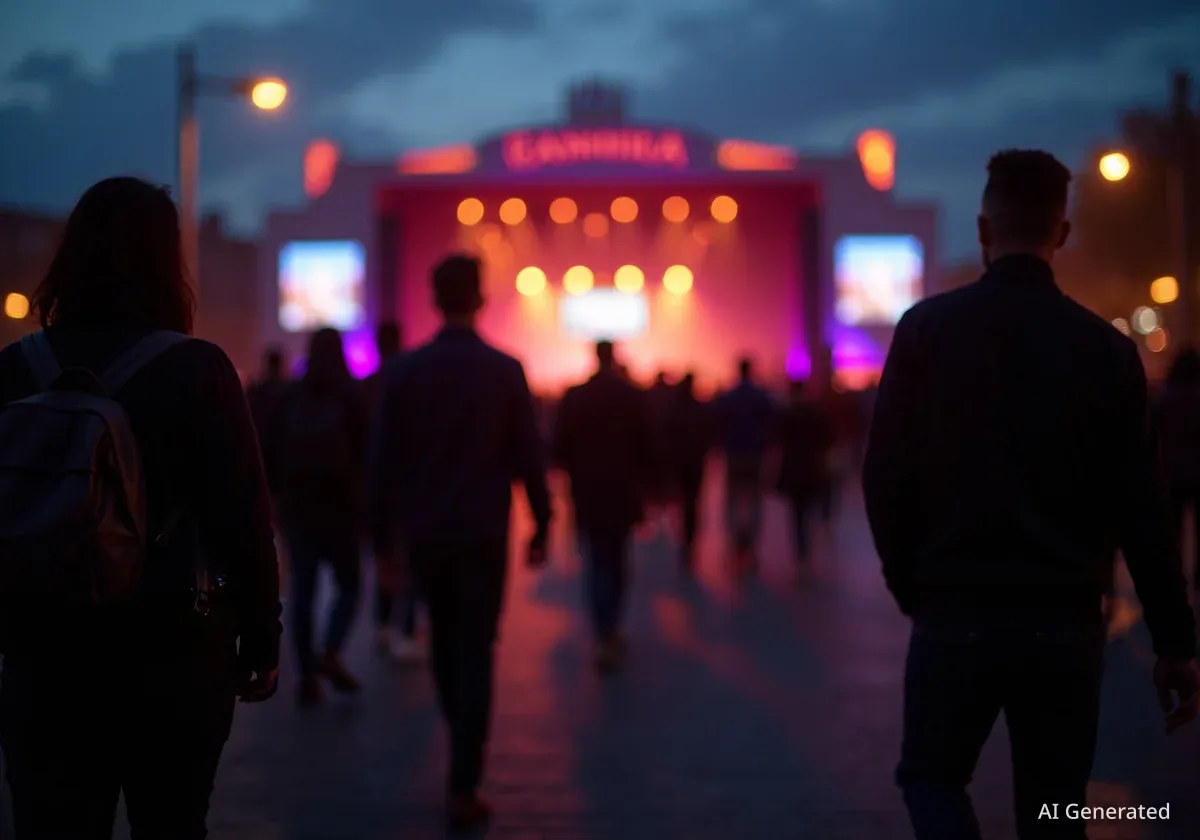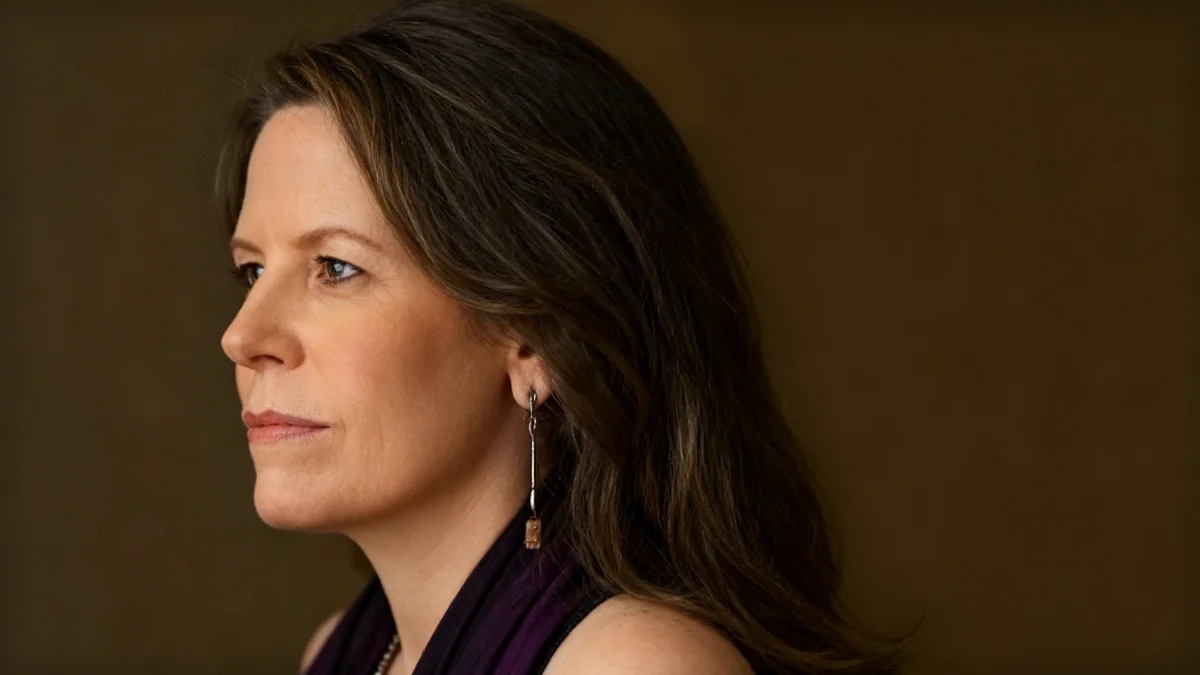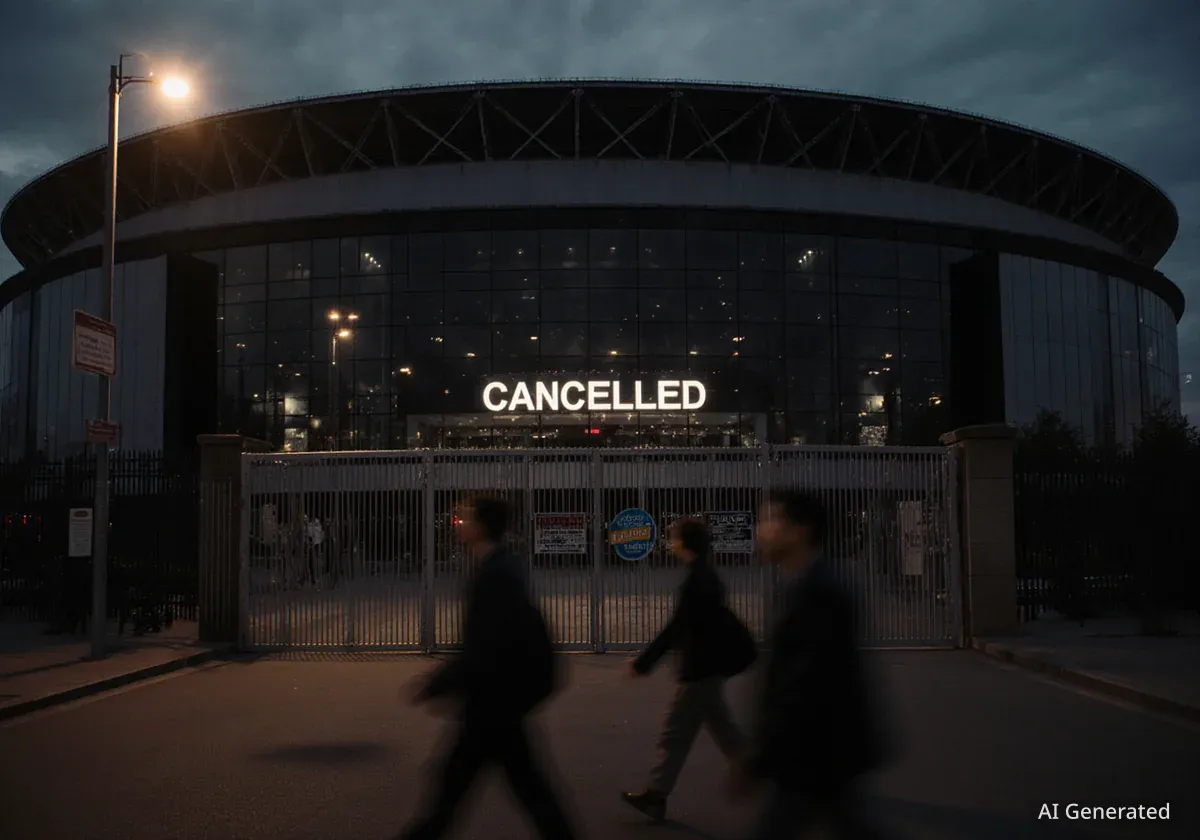Jamaican music icon Sean Paul recently shared his perspective on rapper Drake's use of various accents in his music. Paul stated he is proud that Drake embraces different cultures, despite ongoing discussions about the authenticity of these vocal styles.
Key Takeaways
- Sean Paul commented on Drake's use of accents, including Jamaican patois.
- Paul expressed pride in Drake's appreciation for other cultures.
- Drake's use of accents has been a long-standing topic of debate in the music industry.
- Young Thug defended Drake's overall impact, citing his influence on other artists.
- The discussion intensified during Drake's recent rap battle with Kendrick Lamar.
Sean Paul's View on Drake's Jamaican Patois
During a recent interview with REAL 92.3 LA, Sean Paul addressed questions about Drake's occasional use of a Jamaican accent. The Kingston native offered a balanced response, noting that he views it in a similar light to his own attempts at a North American accent.
"Probably what he thinks of my North American accent. Probably the same thing," Sean Paul reportedly remarked. "It ain't that great. ... But it's a thing. It's a thing, man. You know, I mean, I'm proud that our culture has big players in the game loving it and wanted to say that. So, I'm not going to fight dude down for that."
This statement highlights Paul's appreciation for Drake's interest in Jamaican culture. He emphasized that the cultural exchange is a positive aspect, even if the execution of the accent is not perfect. This perspective offers a nuanced take on a topic that often sparks strong opinions.
Fact Check
- Drake has used various accents in his music, including Jamaican patois, a U.K. accent for grime and drill tracks, and Spanish in collaborations.
- These linguistic choices have frequently led to public debate and criticism regarding cultural appropriation versus appreciation.
Long-Standing Debate on Drake's Accents
The conversation around Drake's vocal versatility, or "multiple personalities on the mic," as some describe it, has existed for over ten years. Critics and fans alike have weighed in on his adoption of different accents and cultural inflections in his songs. This practice often becomes a focal point of discussion within the music community, especially concerning authenticity and cultural representation.
Beyond Jamaican patois, Drake has incorporated a U.K. accent in his grime and drill music. He has also sung in Spanish on tracks with artists like Bad Bunny and Fuerza Regida. These instances demonstrate his willingness to experiment with various sounds and linguistic styles, aiming to connect with diverse audiences and genres.
While these artistic choices have consistently generated debate, the recent high-profile rap battle involving Kendrick Lamar significantly amplified the discussion. Lamar's criticisms of Drake's perceived lack of a consistent identity intensified the scrutiny over his use of different accents. This battle brought the long-running conversation into a new, more prominent spotlight.
Cultural Context
The use of accents and dialects by artists from different cultural backgrounds is a complex issue. It often raises questions about authenticity, respect for source cultures, and potential cultural appropriation. Artists like Sean Paul, who originate from the cultures being referenced, offer valuable insights into these discussions.
Young Thug Defends Drake's Impact
In a separate discussion, rapper Young Thug publicly defended Drake's overall impact on the music industry. During a stream with Adin Ross, Young Thug argued that Drake's influence is more significant than Kendrick Lamar's. He based his argument on Drake's extensive track record of supporting other artists and his commercial success.
"I got to say Drake. He just did more, he put more people on," Young Thug stated. "Not saying that Kendrick didn't put nobody on, but Drake just did more. He put more people on and he got more numbers. Numbers-wise, statistically, impact on the culture, impact on the world."
Young Thug acknowledged Kendrick Lamar's talent, calling him the "GOAT of the whole West Coast." However, he maintained that Drake's broader reach and ability to elevate other artists set him apart. This perspective emphasizes the business and collaborative aspects of the music industry.
Comparing Influence and Numbers
Young Thug's comments highlight a key metric in the music world: impact on other artists and commercial success. He noted that Drake has helped launch the careers of numerous musicians. This mentorship and collaborative spirit contribute significantly to an artist's legacy, according to Young Thug.
Statistically, Drake often achieves high numbers in terms of album sales, streaming figures, and chart performance. These metrics are frequently used to measure an artist's reach and influence. While Kendrick Lamar also boasts impressive numbers and critical acclaim, Young Thug's focus was on the broader cultural and industry-wide impact.
The debate between Drake and Kendrick Lamar extends beyond lyrical prowess to encompass their respective contributions to the music ecosystem. Different artists and fans prioritize various aspects, from artistic integrity to commercial success and cultural influence.
Ongoing Dialogue in Hip-Hop
The discussions surrounding Drake's artistic choices and his standing in hip-hop continue to evolve. Sean Paul's comments provide a perspective from within the dancehall community, acknowledging the cultural embrace while maintaining a sense of self-awareness. Young Thug's defense reinforces Drake's significant commercial and collaborative footprint.
These conversations are integral to the dynamic nature of hip-hop and popular music. They reflect ongoing dialogues about authenticity, cultural exchange, and the various ways artists contribute to the global music landscape. As artists continue to innovate and collaborate, these debates are likely to persist, shaping how audiences perceive and appreciate their work.




